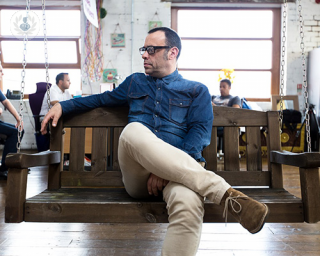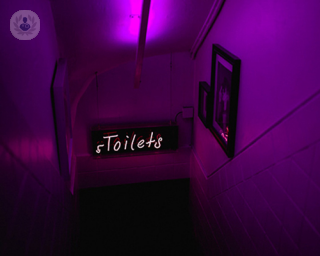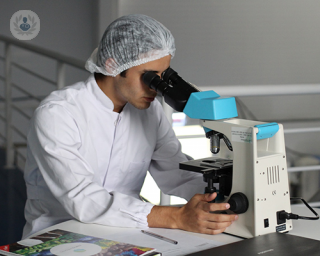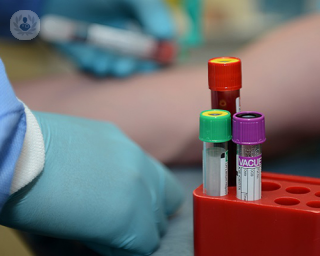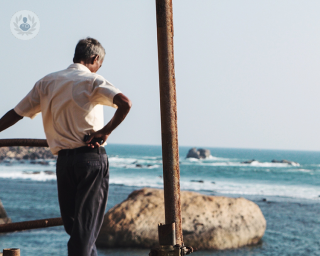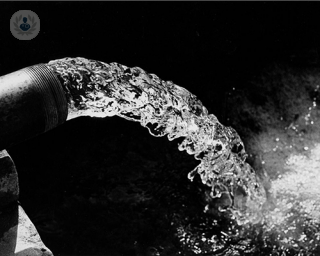
Mr Richard Hindley
20.12.18
Urologia
Catching prostate cancer: mpMRI scan
Prostate cancer is a big worry for many men as they get older, and when urinary symptoms start, it is best to get checked out by a doctor, even if just to be on the safe side. There are a number of different tests and scans to check for signs of prostate cancer. Multi-parametric MRI (mpMRI) scans are an advanced form of MRI scanning which produces more detailed images than standard MRIs. Leading urologist Professor Richard Hindley explains.



